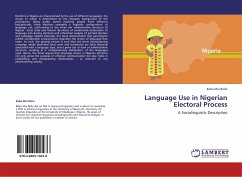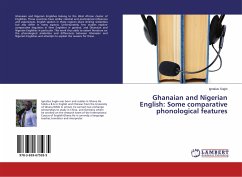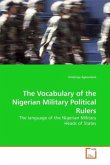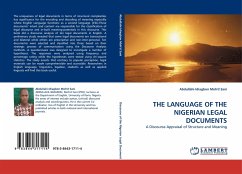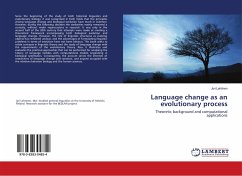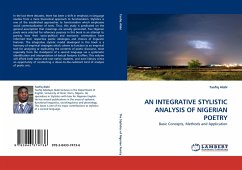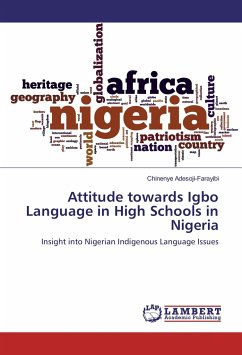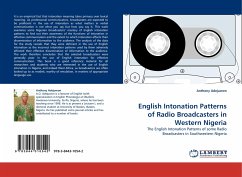Elections in Nigeria are characterised by the use of different languages, the choice of which is determined by the linguistic background of the participants. Being public events involving people from different backgrounds, these elections exemplify a 'triglottic configuration' of language use, conforming to the three tier administrative structure of Nigeria - local, state and federal. By means of unobtrusive observation of language acts during elections and inferential analysis of printed election and campaign related materials, this book demonstrates that participants exhibit considerable consciousness regarding the choice of language they make. As such, the general picture is such that the three electioneering campaign media identified (oral, print and broadcast) are fairly distinctly associated with a language type, and a given tier or level of administrative structure, resulting in a complementary distribution of the languages used. Hence, the book argues that language choicein Nigerian elections not only serves the purpose of effective communication but also helps in establishing and manipulating relationships so essential to any electioneering activity.
Bitte wählen Sie Ihr Anliegen aus.
Rechnungen
Retourenschein anfordern
Bestellstatus
Storno

